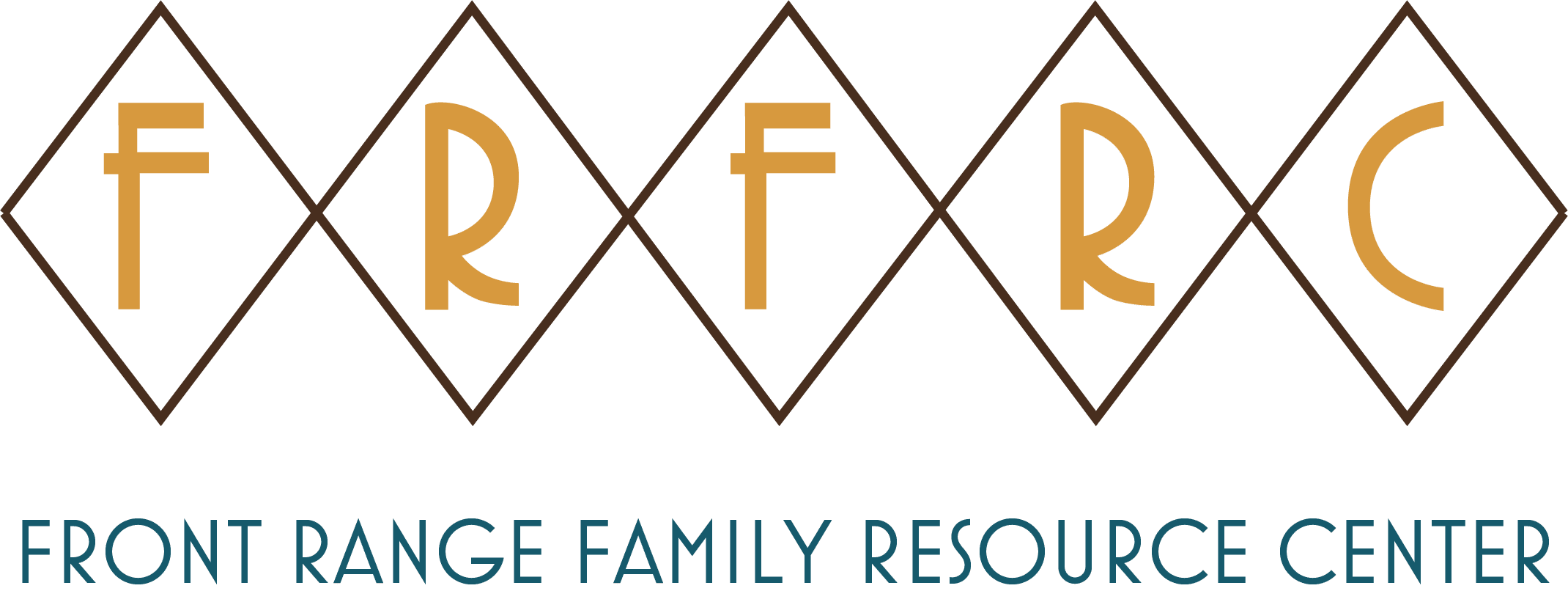A friend recently described the current state of the COVID-19 pandemic as living in half-life. A felt sense of moving forward and being stuck. Psychologist Adam Grant also describes the prevailing feeling as “languishing” or “the void between depression and flourishing—the absence of wellbeing.” It’s a relief to hear others describe their experience. I notice myself feeling less alone through their recognition. The impact of Covid-19 and mental health is going to have lasting long term effects. However, keep reading to learn ways to aid in recovery.
It’s challenging to process living through one of the deadliest pandemics in history. Particularly when we’re not out of it yet. As Americans, we have lost hundreds of thousands of lives, and millions more are affected by those losses. Not to mention the constant fear of contracting the virus. Possibly spreading it to others or dealing with long-haul symptoms if you’ve had the virus.
Covid-19’s Damage to Mental Health in Our Community
Our mental and emotional health has been hit hard in the past year and a half. Healthcare workers have been pushed beyond capacity, trying to save lives. Moreover, essential workers work endlessly to keep our economy moving. Parents do their best to keep children safe and stimulated while working from home or leaving jobs due to childcare issues. Consequently, teachers have struggled to keep students engaged.
Our vulnerable populations, such as our elders and those with disabilities, have become even more isolated. Throughout black, brown, and indigenous communities, there is already a significant amount of stress. Numerous communities report their individuals are dealing with minority stress. Subsequently, this creates a felt sense of being disproportionately impacted. Businesses have closed, and thousands of jobs are now nonexistent. Similarly, people have been displaced from cities and/or evicted from their homes. Furthermore, couples, families, and relationships have showcased a vast amount of strain due to the overwhelming stress.

The Worldwide Impact on Mental Health
I don’t know anyone who hasn’t felt some form of heightened fear, panic, anxiety, depression, isolation, or even grief throughout this crisis, and these feelings persist as we try to recover. Resulting in a feeling of being shook. Nonetheless, This threat brings up existential questions like am I safe? Is the world safe? What’s important to me? What do I want to do with my time here on earth?
Supporting Your Mental Health During COVID
- Prioritize connection. Reach out to friends, find online communities, or plan safe get-togethers. Humans are social beings and need the connection to feel safe and regulated. It doesn’t mean complicated external factors disappear, like a global pandemic, but it makes the circumstances more manageable.
- Notice what triggers negative feelings. Notice what brings relief. Become aware of the way you’re spending your time. What makes you feel better, and what makes you feel worse? For some, being on social media and watching the news helps them feel socially connected and grounded in reality. For others, it can feel aggravating or yucky. These reactions are situational and may change from day to day, but try to move toward the activities that bring feelings of safety, relief, peace, and joy.
- Check the basics: eat whole foods, drink water, move your body, spend time in nature, prioritize sleep. I know these are simple concepts, and we hear about them often, but that’s because they’re the building blocks of our physical, mental, and emotional wellbeing. Notice which area(s) need more attention and make adjustments. Small changes can make a significant impact long-term when done consistently. The Japanese have a concept called Kaizen, which is the idea of continuous improvement through tiny, incremental changes over time.
What Can We Do To Minimize the Effects
As we continue to navigate the effects of this pandemic, know that you don’t have to go through it alone. Counseling is a way to set aside time and space each week to process overwhelming feelings, dig into greater existential questions about our lives, delve deeper into what’s working and what’s not working, and explore choices about how to move forward with intention meaningfully.
A counselor can also help you connect with those in your community, as well as offer resources to get you there.
Reach out if you’d like to schedule a free 30 minute-consultation with Ariana Griffith.
